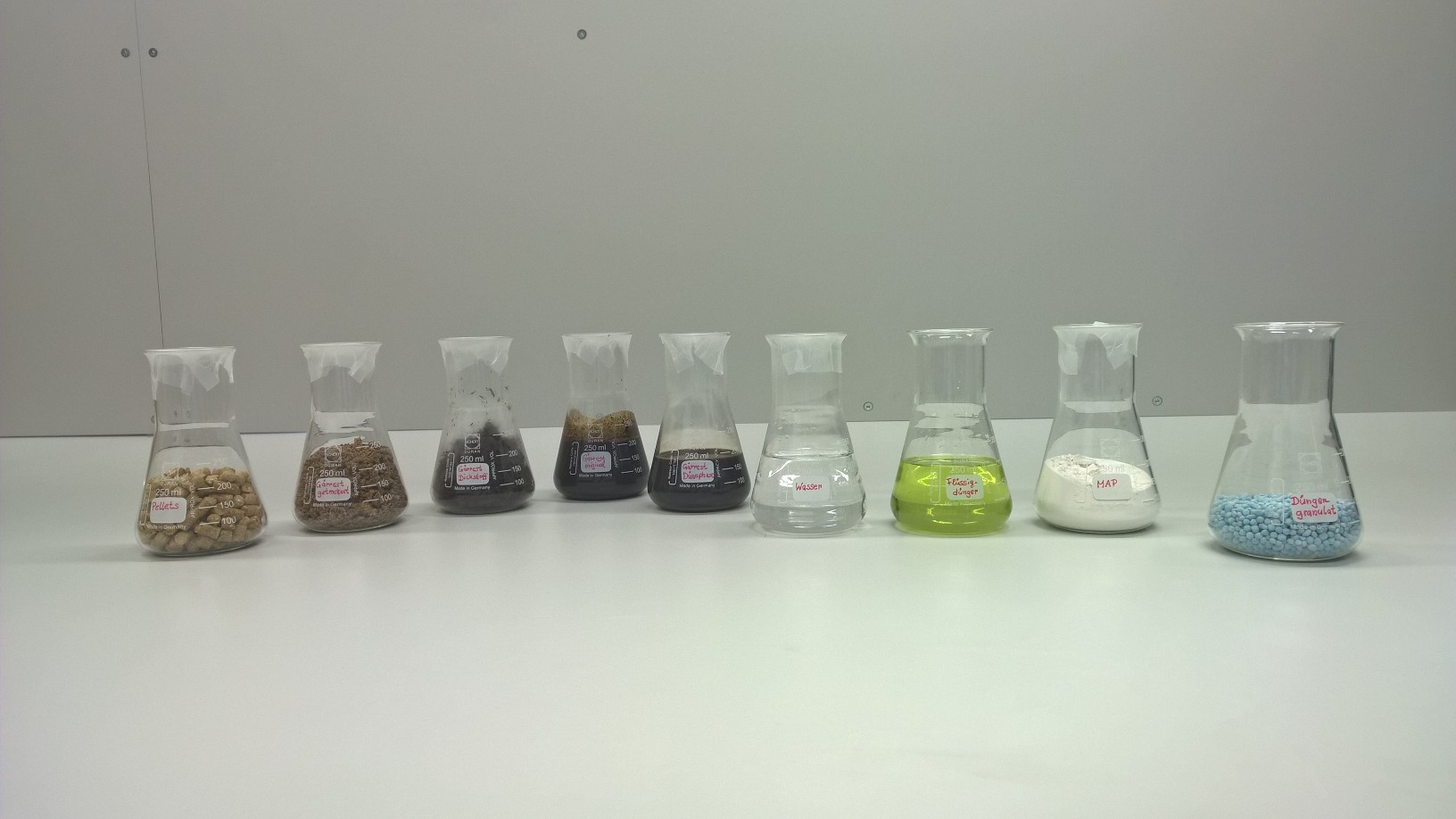Innovative technologies and services for nutrient recycling from organic remnants – growth core abonocare® successfully launched
For the agricultural sector, large quantities of nutrients, such as nitrogen and phosphor, are needed in order to attain sufficient yields per hectare. On the one hand, these nutrients are cost-intensive and are chemically produced or respectively extracted, processed and transported with partly considerable environmental consequences to be used as so-called “mineral fertilizers” by farmers.

On the other hand, large amounts of such nutrients accumulate selectively as so-called “organic fertilizers” in animal farming in the form of remnants, e.g. liquid manure, dung or fermentation products from biogas plants. They are very valuable as fertilizers but cause environmental problems due to the local concentration when applied to a larger extent on arable land than needed and absorbed by the plants. Due to unavoidable discharge processes, the phytophysiologically valuable nutrients are lost and burden atmosphere and waters.
That is why, the utilization of these lost nutrients from organic remnants for the efficient agricultural production while simultaneously saving the environment is a special focus of abonocare®. In order to utilize nutrients from surplus areas in need regions in the future, Fraunhofer IKTS, together with nine innovative companies and six research institutions from Central Germany, develops technologies and services for nutrient recycling from liquid manure, fermentation products and sludge in the growth core abonocare®.
The abonocare® alliance is funded by the Federal Ministry of Education and Research (BMBF) with about ten million euros in order to develop a process for the treatment, separation, conversion and packaging of organic residues into marketable fertilizer products.
Fraunhofer IKTS is responsible for the scientific overall coordination of the growth core and is involved in developments along the entire process chain. Besides methodical-analytical work, Fraunhofer IKTS focuses on the heavy metal separation during the sludge incineration with the aid of ceramic filters, the ammonium extraction from liquid manure and fermentation residues with ceramic membrane contactors as well as the development of bio-based flocculants for the ideal solid-liquid separation.